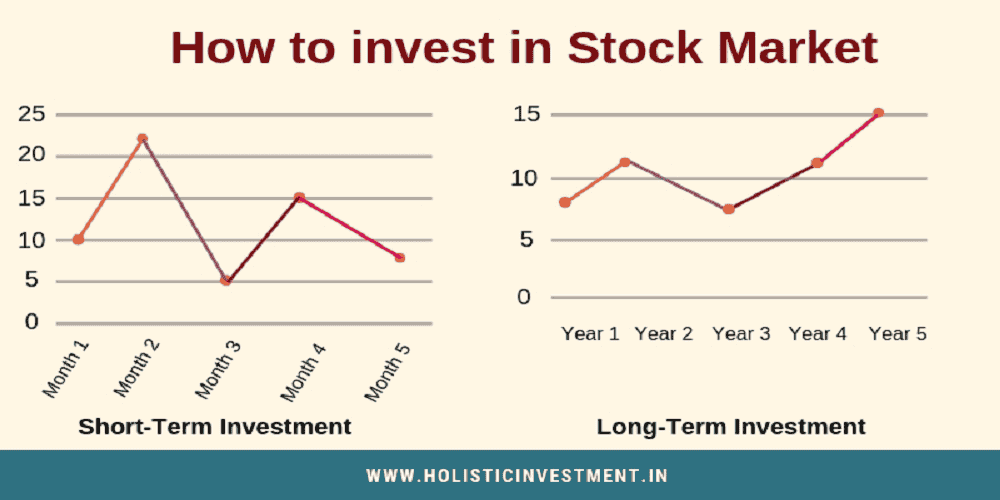In today's unpredictable world, protecting personal and business assets is more crucial than ever. Whether it's health, home, auto, or business, insurance offers peace of mind in the face of uncertainties. However, navigating the complexities of different insurance products and services can be challenging. This is where Insurance Management Associates play a pivotal role in guiding individuals and businesses toward the right coverage choices.
The Importance of Expertise in Insurance
Insurance can be a complex industry with varying terms, conditions, and policies that differ across companies. Without professional guidance, people may end up underinsured, over-insured, or with the wrong type of coverage altogether. This is where Insurance Management Associates step in to help their clients. They work with multiple insurance carriers, providing options that best suit the individual or business's needs. They are skilled at assessing risk, comparing policies, and ensuring the best possible coverage at competitive rates.
Their expertise becomes invaluable in industries like healthcare, real estate, and manufacturing, where specialized insurance products are necessary. Additionally, for families, having an experienced insurance associate ensures all personal policies, such as life, health, and auto insurance, are coordinated to avoid gaps in coverage.
The Role of Insurance Management Associates in Claims
The true value of Insurance Management Associates becomes evident when a client needs to file a claim. They guide clients through the often tedious and confusing claims process, advocating on their behalf with the insurance company. Because of their expertise, they can help expedite the process and ensure that clients receive the compensation they are entitled to without unnecessary delays.
Whether a policyholder is dealing with a minor fender-bender or a major property loss due to a natural disaster, having an expert to help manage the claim process provides a sense of security. Knowing that the Insurance Management Associates are handling the paperwork and negotiations allows the insured to focus on recovery, both financially and emotionally.
Choosing the Right Insurance Partner
When selecting a company to help manage your insurance needs, it is important to consider experience, range of services, and client satisfaction. Look for Insurance Management Associates who have a solid reputation and positive reviews from clients. Their commitment to transparency and education also speaks volumes about their dedication to long-term relationships.
In conclusion, Insurance Management Associates play a crucial role in simplifying the complexities of the insurance world. They not only help individuals and businesses choose the right policies but also provide support when it matters most—during a claim. By working with such professionals, clients can ensure they are properly protected and prepared for the unexpected.


.jpg)
.jpg)
.jpg)



.jpg)
.jpg)
.jpg)
.jpg)









Leave A Comment
0 Comment